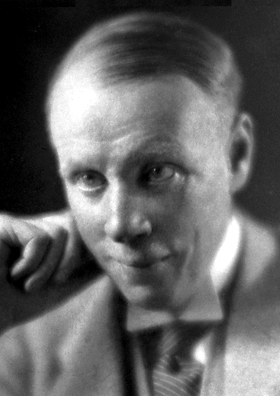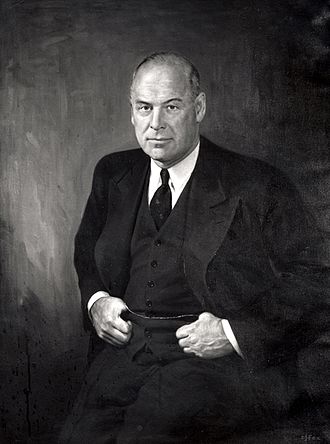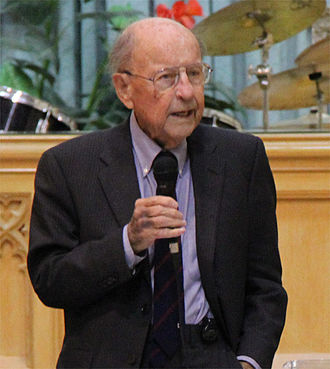Discover Your Roots
SIGN UPDiscover Your Roots
SIGN UPSinclair is a male name of English origin, meaning "From St. Clair, France." It is associated with a rich history and has been used as both a first and a surname. The name can be linked to various places, such as Lake Sinclair in Georgia and Mount Sinclair in Canada, as well as notable individuals like Nobel Prize-winning American writer Sinclair Lewis and English entrepreneur Sir Clive Sinclair. Additionally, it has been used in the names of companies, schools, highways, and transportation vehicles. The name also has ties to fictional characters in popular culture, including those from video games, TV series, and movies. Overall, Sinclair carries a strong and distinguished significance, reflecting its historical roots and diverse associations.

Harry Sinclair Lewis (1885-1951) was an influential American novelist, short-story writer, and playwright. He made history by becoming the first American author to be awarded the Nobel Prize in Literature in 1930. Lewis was renowned for his vivid and humorous portrayal of characters and his skillful depiction of modern working women. Notable among his works are the critically acclaimed novels "Main Street," "Babbitt," "Arrowsmith," "Elmer Gantry," "Dodsworth," and "It Can't Happen Here." His writings often criticized American capitalism and materialism during the interwar period. Born in Sauk Centre, Minnesota, Lewis faced a challenging upbringing, marked by his mother's early death and his father's stern demeanor. Despite his difficulties, Lewis pursued a career in writing, producing a range of literary works that earned him recognition and accolades. His dedication to capturing the essence of small-town life in his novel "Main Street" propelled him to fame and set a benchmark in American publishing history. Lewis's contributions to literature continue to be revered, and his impact on the literary world remains enduring.

Sinclair Weeks, born on June 15, 1893, in West Newton, Massachusetts, was a prominent American politician and businessman. He served as a United States Senator from Massachusetts in 1944 and later as the United States Secretary of Commerce from 1953 to 1958 during President Dwight D. Eisenhower's administration. Weeks graduated from Harvard College and was actively involved in various industries, including banking and manufacturing. Notably, he played a significant role in the development of the Interstate Highway system in 1956 during his tenure as Secretary of Commerce. Married twice, Weeks had a total of six children. He was also actively involved in philanthropy and conservation efforts, donating his father's summer estate to the State of New Hampshire to create Weeks State Park. Weeks passed away on February 7, 1972, at the age of 78, in Concord, Massachusetts, and is buried in Summer Street Cemetery in Lancaster, New Hampshire. His legacy continues to be celebrated, particularly through the preservation of natural landscapes and historic sites.

Sinclair McKnight Stevens (February 11, 1927 – November 30, 2016) was a prominent Canadian lawyer, businessman, and politician who made significant contributions to the government of Joe Clark. Born in Esquesing Township, Ontario, to Northern Irish immigrants, Stevens pursued his education at the University of Western Ontario and Osgoode Hall Law School. His early career saw him involved in various development projects and the formation of York Trust and Savings Co., which experienced remarkable growth under his leadership.In 1972, Stevens entered the political arena and was elected as a Progressive Conservative Member of Parliament, subsequently winning re-elections in 1974, 1980, and 1984. His bid for the Progressive Conservative leadership in 1976, though ultimately unsuccessful, showcased his ambition and influence within the party. Stevens also served as President of the Treasury Board and later as Minister of Regional Industrial Expansion in the government.However, his political career was marred by controversy when allegations of conflict of interest emerged, leading to his resignation from the Cabinet in 1986. The ensuing Parker Commission inquiry ruled that Stevens had violated conflict-of-interest allegations on fourteen counts, resulting in a highly publicized legal battle and extensive proceedings.Despite the challenges, Stevens remained a member of the Progressive Conservative caucus as a backbencher until the end of his term. His legacy in Canadian politics is both impactful and complex, reflecting a career marked by both achievements and controversies.

Sinclair Hood (1917–2021) was a distinguished British archaeologist and academic, renowned for his significant contributions to the field of Aegean art and prehistoric Greece. He served as the Director of the British School at Athens and led excavations at Knossos. Hood's notable work, "The Arts in Prehistoric Greece," became an authoritative handbook in Aegean art. Born in Ireland, he pursued his education at Magdalen College, Oxford, and later received a Diploma in Prehistoric European Archaeology from the University of London. Throughout his career, Hood excavated in Greece, Turkey, Palestine, and Crete, making substantial contributions to academic research. His major life work included the catalogue of Bronze Age masons' marks at Knossos. Hood's advice to aspiring archaeologists emphasized the importance of observation and independent thinking. His impactful career continues to inspire and influence the archaeological community.

Sinclair Thomas, born on 26 November 1968, is a renowned former wheelchair basketball player turned coach. He made a significant impact as part of the Great Britain team, securing a fourth-place finish at the 2000 Summer Paralympics and clinching bronze medals at the 2004 event. His remarkable contributions to the sport led him to retire from playing in 2007 and transition into the role of head coach for the Wolverhampton Rhinos. Furthermore, his expertise and leadership were recognized when he served as the assistant coach for the Great Britain team, which secured a bronze medal at the 2008 Paralympics. With a stellar career marked by both personal achievements and dedication to the development of the sport, Sinclair Thomas continues to inspire and make a lasting impact within the world of wheelchair basketball.
All images displayed on this page are sourced from Wikipedia or Wikimedia Commons.We use these images under their respective Creative Commons or public domain licenses. Wherever applicable, author attributions and license information are provided. If you believe an image is used incorrectly or outside its license terms, please contact us so that we can review and correct the issue.